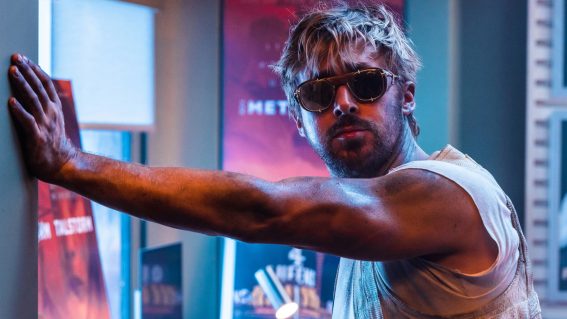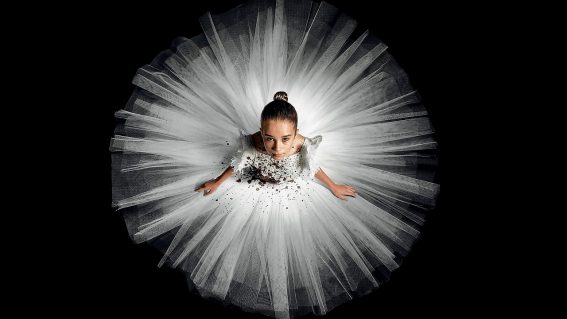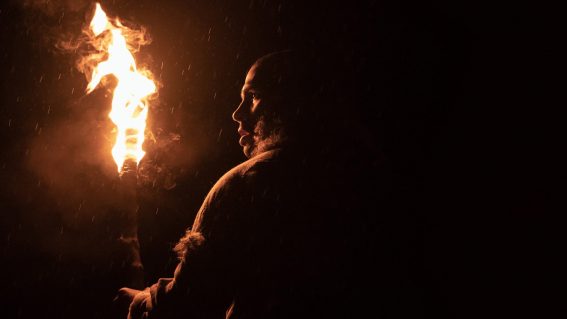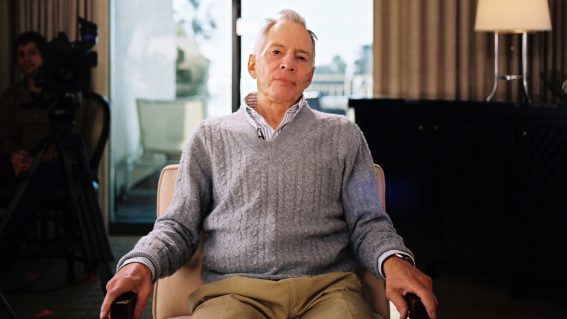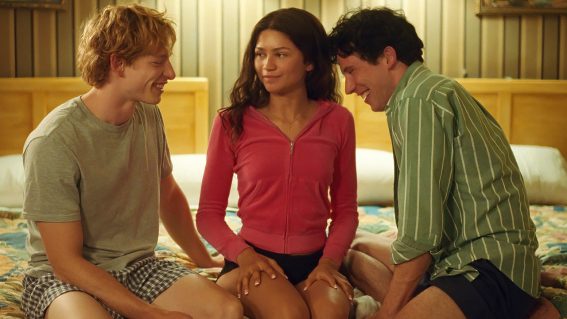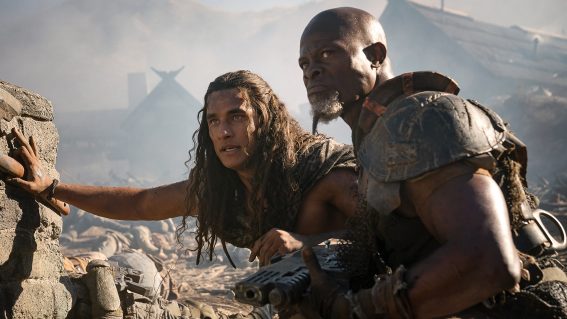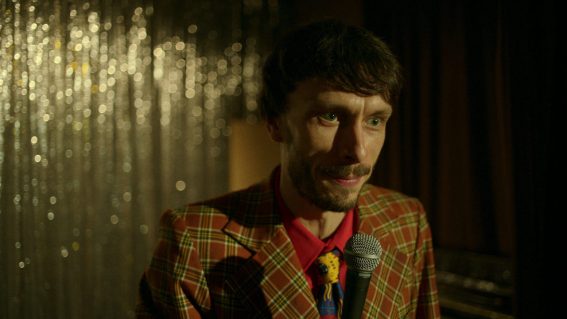Review: Un Secret
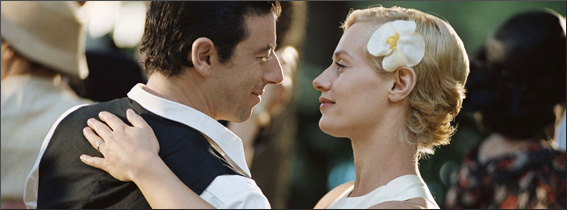
Un Secret is the story of Francois, a sickly young boy growing up in 1950’s Paris to two parents who value athletic prowess having succeeded in the field in their younger years. Francois creates an imaginary brother as a coping mechanism, embodying all that he lacks in his parent’s eyes. The combination of his active imagination and distant relationship with his parents lead him to investigate the family’s past, leading him to discover the truth about their actions as Jews during the holocaust.
Celebrated French director Claude Miller chooses flashback narrative to tell the story, with scenes designed to slowly circle the mystery alluded to by the title, before busting it open. It is an effective way of building the drama and tension, although this may owe more to excellent editing than it does to the script, which can feel dense and overly complicated at times. The back and forth between three different eras also resets emotion and short changes the film. There are genuinely emotional moments, but they appear sporadically, seemingly more by chance than an overarching progression. The languid pacing only gives you more time to notice these shortcomings.
By and large, these flaws are overcome by the films’ stronger elements. The entire cast make a good fist of their roles and the production values are excellent, best illustrated by the well-executed cinematography. My only tiny nitpick about the camera work is using an off-grey colour scheme for the present and colour for the past. It seems like breaking convention for the sake of it rather than adding to the telling of the story, thus coming across as gimmicky.
Un Secret is a solid, unspectacular family drama that builds towards a very good ending. I don’t mean to damn it with faint praise, it’s just that the central concept – Jews who were complicit in the events of the holocaust – is given a superior outing in a movie that is released in New Zealand cinemas the same day as Un Secret (that being The Counterfeiters.) French films used to be the jewel in the crown of European cinema, but continental neighbours are now outshining its modern output. Pick up your game France.

